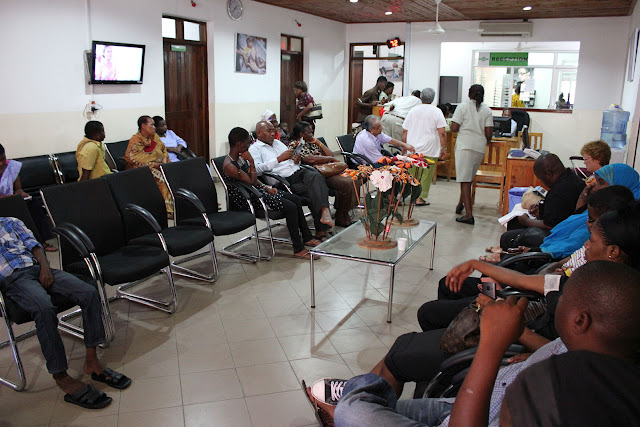Friday focus...waiting, waiting, & waiting
Waiting, don't you hate it at times?
- Waiting in the waiting room to see the doctor.
- Waiting in traffic (recent experience in Chicago).
- Waiting on the runway.
- Waiting in line (recent experience at a grocery store in downtown Chicago).
- Waiting for the other person to stop talking.
- Waiting for the results (a real experience for a cancer survivor after each CT scan).
- Waiting for the timer to ding.
- Waiting for the other shoe to drop.
- Waiting in line for the use of the bathroom.
Maybe you could add a few more to my list.
This was the topic of the devotional given at the Interim Pastor Ministries training in Chicago this week. I had the pleasure of going through the course again, writing down a ton of notes and meeting others in the field. The presenter was an IPM interim pastor from Colorado Springs, Colorado named Rick Foster. His excellent website is: www.interimpastor.org
The verse drawn to was Psalms chapter 39 and verse 7, which reads,
"Now, Lord, what do I wait for? My hope is in You."
The point made was that hope and waiting are like two sides of the same coin and the actual coin is faith (what you have trust in). We wait because we have hope and because we have hope we are willing to wait. When we are waiting and hoping, we are acknowledging that someone else is in control.
In the verse above, the word "wait" is "qavah." It is a verb and it means "look for, hope, and expect." The word "hope" in the second sentence is "towcheleth." It is a noun and it means "hope." You can take a step back from this word to its root which is "yachal." This word is a verb and it means "to wait, hope, and expect" just like "qavah." You can see how these words can be interchanged at times or used to help describe the hoping and the waiting.
"Now, Lord, what do I wait (look for, hope, expect) for?
My hope (waiting, hoping, expecting) is in You."
How am I waiting? Am I waiting with hope? How am I hoping? Am I hoping with waiting? Does my waiting include a looking forward, an expectation, of seeing my God, my Hope, fulfill His plan? Does my hoping include an active waiting in the character and promises of my holy God?
How I hope and how I wait matters. I can hope in wrong things and I can wait for wrong things. As a pastor, I do a lot of hoping and waiting. A wrong hope would be to just see fuller pews and a right wait would be to see God's work of salvation through the proclamation of the Word. A wrong wait would be for a certain number to define a great service and a right hope would be a single baptism in front of unbelieving family and friends.
We can get our eyes on the wrong things. An example given over the last two days of training was the telling about an event that was devised to reach out with the gospel message. The attendance ended up being 200. At the evaluation of the event someone piped up, "But the attendance to the annual Christmas cantata was 400." One was more successful than the other, right?
Further thought brought up that the 400 in attendance at the Christmas cantata was made up of almost exclusively Christians from the church and other neighboring churches. The 200 (simple math: half of the 400) at the evangelism event included 50 invited guests who didn't go to church anywhere. Now we can see that in the scope of the Great Commission, the smaller event probably, most likely, had greater kingdom impact than the larger event. This is a simple example to show how our waiting and hoping can be focused on the wrong things.
In light of my life what am I truly hoping for? What am I waiting for? Does my hoping and waiting go beyond what I am capable of accomplishing under my own power? If it doesn't then what I will see and experience will only be what I am capable of. But, if my wait and hope is in God and His plan, then I have the opportunity to see what God can do and that is always much more than I can do.
"Lord, I want to wait for You and hope in You."
Adam




Comments
Post a Comment